Thinking about moving to Cuenca, Ecuador? Great! It truly is an amazing country to experience life as an expat. One of the first steps is to plan a trip to get the lay of the land and see if the country is a good fit.
While you’re visiting, it’s a good idea to do some practical, on-the-ground research in addition to falling in love with the mountains, the people and the adventures to be had.
Below are a few things that I suggest scouting for when you’re in town. And if you have children, there might be a few more things on the list, such as checking out schools and available kid activities. Read on to discover the 14 essential things any future expat should check out before moving to Cuenca.
[color-box color=”gray”]
1. Check Housing Availability, Quality, And Costs
The best way to do this is usually on foot — visit coffee shops, look for signs around town, and ask expats and locals if they know of places. You can also check out online sites that focus on local info; some that are helpful for Cuenca are Cuenca OLX, Craigslist Quito and other expat resources such as GringoTree Properties , Cuenca High Life and Gringo Post. These sites will give you a good idea of some local prices.[/color-box]
2. Speak With A Banker About How To Handle Your Money
See what the laws allow for foreigners. You may be able to open bank accounts without final identification cards (known as cédulas in Ecuador) or you may have to have a cédula to open an account. Also, savings accounts are common and often sufficient to handle daily banking needs, so don’t assume a checking account is best – investigate and ask.
[color-box color=”gray”]
3. Speak With An Immigration Lawyer
Meeting with an immigration lawyer will help you confirm what visa you qualify for and the documents that you will need when you relocate. Immigration law changes, so it’s always good to know what the most current requirements are. There are many legal offices that can help you obtain your visa; however, it is possible to do the work on your own, as long as you are patient and accept the existing system. Even if you hire an attorney, be prepared to accompany him/her to immigration for every visit – your presence will still be required. Currently, all visas for Cuenca residents have to be completed at the Azogues office — this is as of November 2015. [/color-box]
4. Have a Pet? Check Beforehand The Laws For Importation Of Animals
Ensure that rentals allow pets – many places don’t want pets or accept only one small animal. Look into local veterinary services and how much regular medicines cost (for fleas, e.g.). Moving pets is not easy, and yet it’s just a process. Timing is critical, as shots and paperwork have to be done in a particular sequence, so learn what the law requires, both in your home country and your new home abroad. Also, don’t assume that the brands of food your pet eats will be available – check what food can be found easily and consistently and consider making pet food as a substitute.
[color-box color=”gray”]
5. Visit The Local Supermarket
Checking out the local supermarket will help you get an idea of prices, quality and availability of produce and food items. In Cuenca, there are large supermarkets called Supermaxi, as well as Coral and Tia — sort of small, stripped versions of Wal-Mart. All of these stores carry groceries. There are also plenty of mercados stuffed full of fruits and vegetables and meats in addition to outdoor markets and other places to buy products. Some of the offerings are organic, and some are mass-produced – ask questions and you’ll start to figure out what food is right for you and where to get it.[/color-box]
6. Determine What You Can’t Get In The Country
This will help you plan what to bring and what adjustments are necessary. After you have lived in the country a while, you may decide you don’t really need to ask people to mule in supplies when they come visit you. On the other hand, there may be some items you genuinely need and are worth the effort it takes to get them here. You can ship items to Ecuador; however, the cost is usually pretty high so a lot of people take an extra suitcase and pack it with must-have items before they return.
[color-box color=”gray”]
7. Speak With Expats About Challenges They Face & How They Manage
Some things to ask about could include: climate, culture, costs, health and safety, and transportation. Seeking out local Expat opinions on living in Cuenca is a great way to get another vantage point before moving. There are many expat hangouts in Cuenca; the local expat resources listed in #1 will offer recommendations and suggestions for places to go and meet other expats. Remember that everyone settles in differently to life abroad; however, there are some common denominators — most everyone experiences a honeymoon/happy period, a frustrating/sad period, an acceptance period, and then a sense of belonging. And none of these periods have a timetable. [/color-box]
8. Learn About Healthcare Quality & Costs
Visit a hospital, doctor’s office, and a health insurance provider. To see out whats available near you check out our Cuenca Business Directory. Head to a local pharmacy and take your medications with you — check availability and costs of your prescriptions. Many prescriptions are less expensive in Ecuador and, if they don’t have your exact medicine, there’s a quality substitute. If you meet someone who is enrolled in the local healthcare system, don’t hesitate to ask questions about coverage — who qualifies, how long does it take to get it and how much does it cost. The health insurance system in Ecuador is attached to the country’s social security system; you can find out more at https://www.iess.gob.ec/
[color-box color=”gray”]
9. Learn About The Local Job Market
Determine what’s in demand and what skills are needed. Learn about pay and benefit levels. The most highly skilled physicians make about $30 per office visit and possibly $1000 per month, with the average wage of most Ecuadorians ranging from $350 to $700 per month. If you need to work, consider what additional paperwork may be required, whether it’s for filing taxes (maybe you will be an independent contractor and need an identification number) or for proving your professional background (you may need copies of degrees or have to register those degrees).[/color-box]
10. Walk A Lot
Explore different areas of the city to see things there are to do around and in each neighbourhood. Also make sure to check out the area during different days of the week and times of day. Note the neighborhoods and places you like and start to make a list of what matters to you in a home. In Cuenca, it’s common to find small parks in neighborhoods, so make yourself at home and hang out in the park to get a feel for the life of the community.
[color-box color=”gray”]
11. Get To Know The Locals
Speak to as many as possible to get a true picture of the area and what it’s really like. It’s okay if your Spanish isn’t perfect — just smile and make your best effort and you’ll be surprised by how much information you’ll get back. Spending Sunday afternoon riding the bus or in one of Cuenca’s many public parks is a great way to meet locals.[/color-box]
12. Go Shopping At The Mall / Market
Get an idea of the quality and styles of clothing and footwear. Make sure that you can get your size. Check out prices of appliances, furniture, and electronics. You can get pretty much everything you need in Ecuador, including shoes and off-size clothing. And if you can’t find it, you can have it custom-made, usually at an affordable cost.
[color-box color=”gray”]
13. Rent A Furnished Apartment With Kitchen
This will give you a chance to try local foods and get used to the way locals live. Unless your budget is unlimited, it will be a more realistic experience for you of daily life than dining out at hotels and restaurants. There are plenty of short-term rentals available in Cuenca at different price points, many of which are located in actual neighborhoods, so find a place in an area you like and live there for a bit.[/color-box]
14. Try To Establish A Realistic Budget
Learn about power, water, internet, healthcare, schooling, entertainment, clothing, travel, and food expenses. This is where other expats are a great source of information. Remember that different sides of town and levels of accommodations will have different costs, so think about what’s important to you and be prepared to either pay for it or let it go. For example, renting a furnished home in El Centro or on the Yanuncay River close to a greenway would be considered prime location.
There you have it! This list of essential things to check out will have you not only enjoying your trip, but will also help you gather the information you need to determine if becoming an expat is the right move for you. Have something you would like to add? Sound off in the comments below.

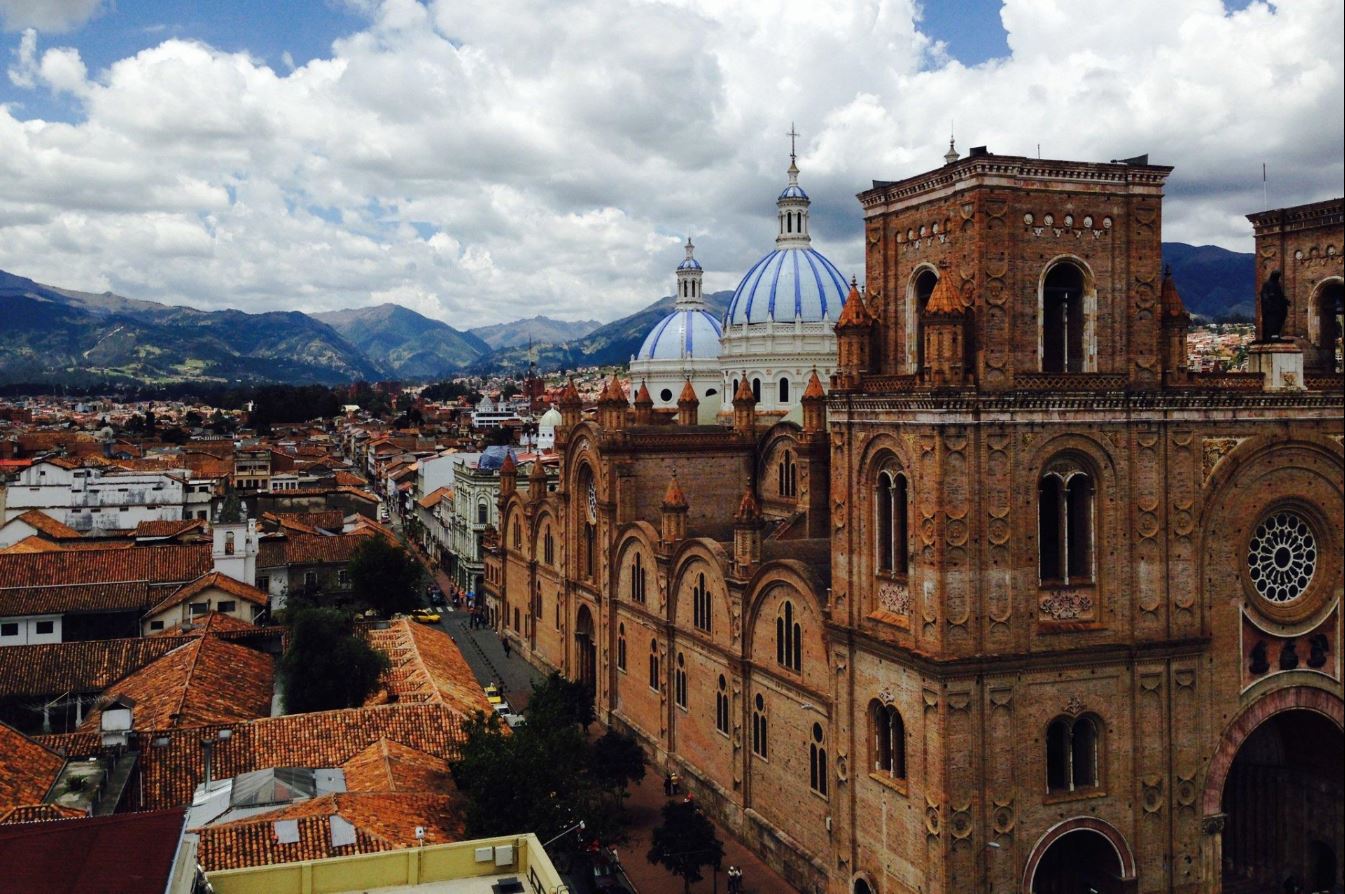





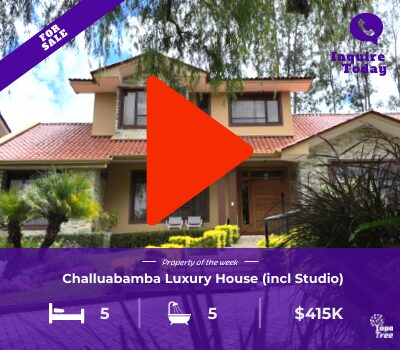



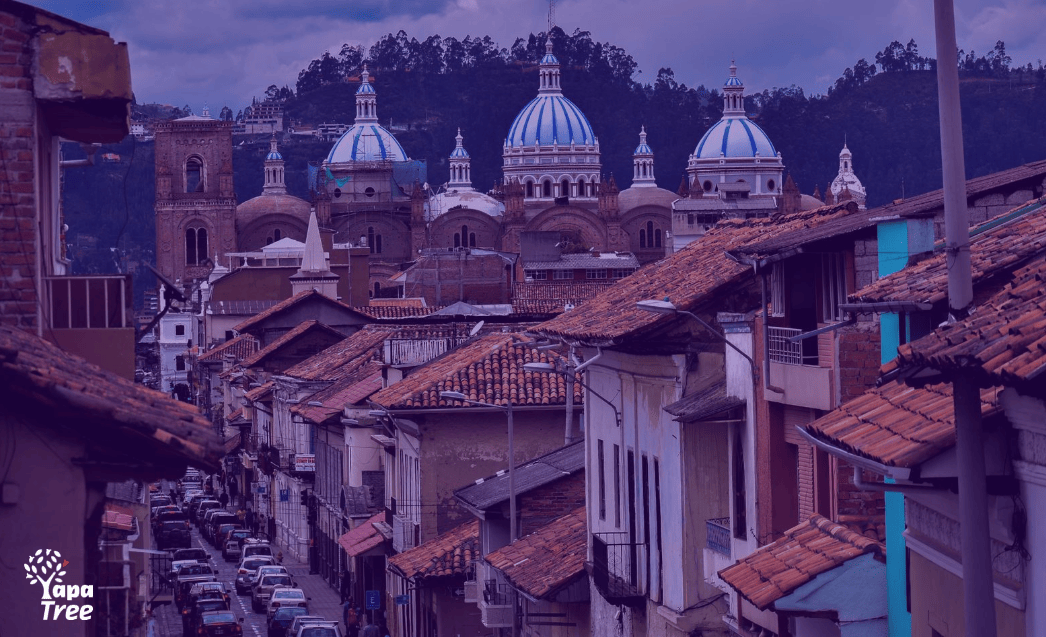
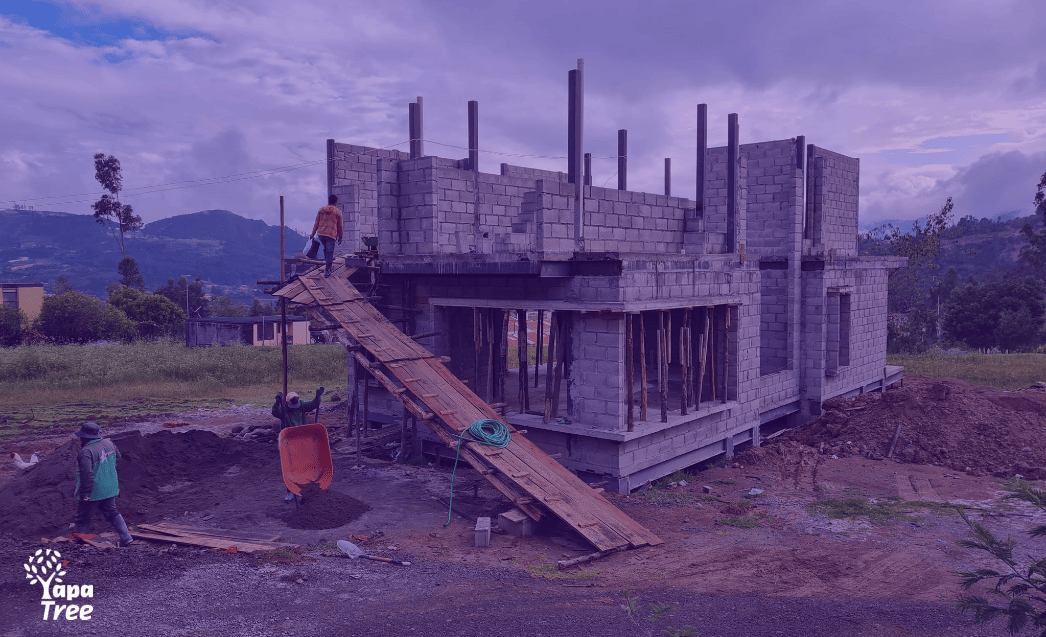

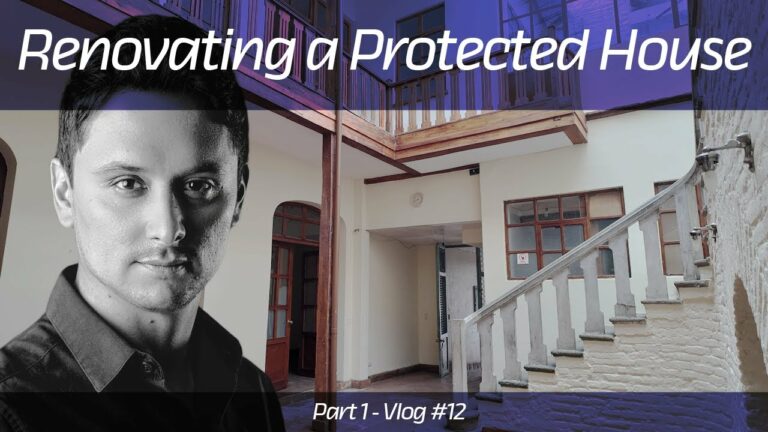

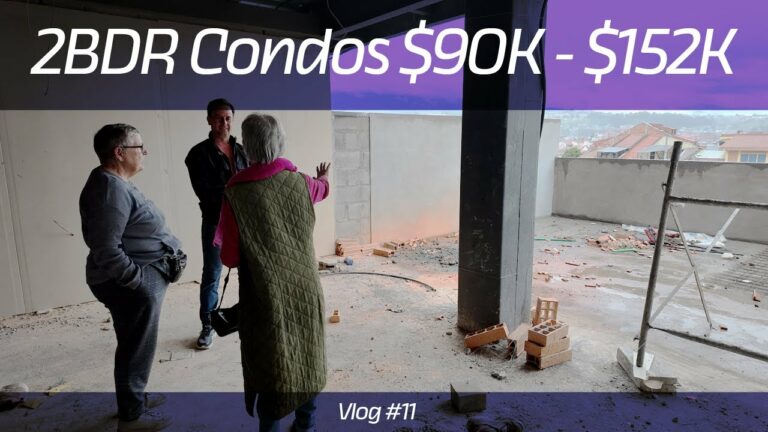

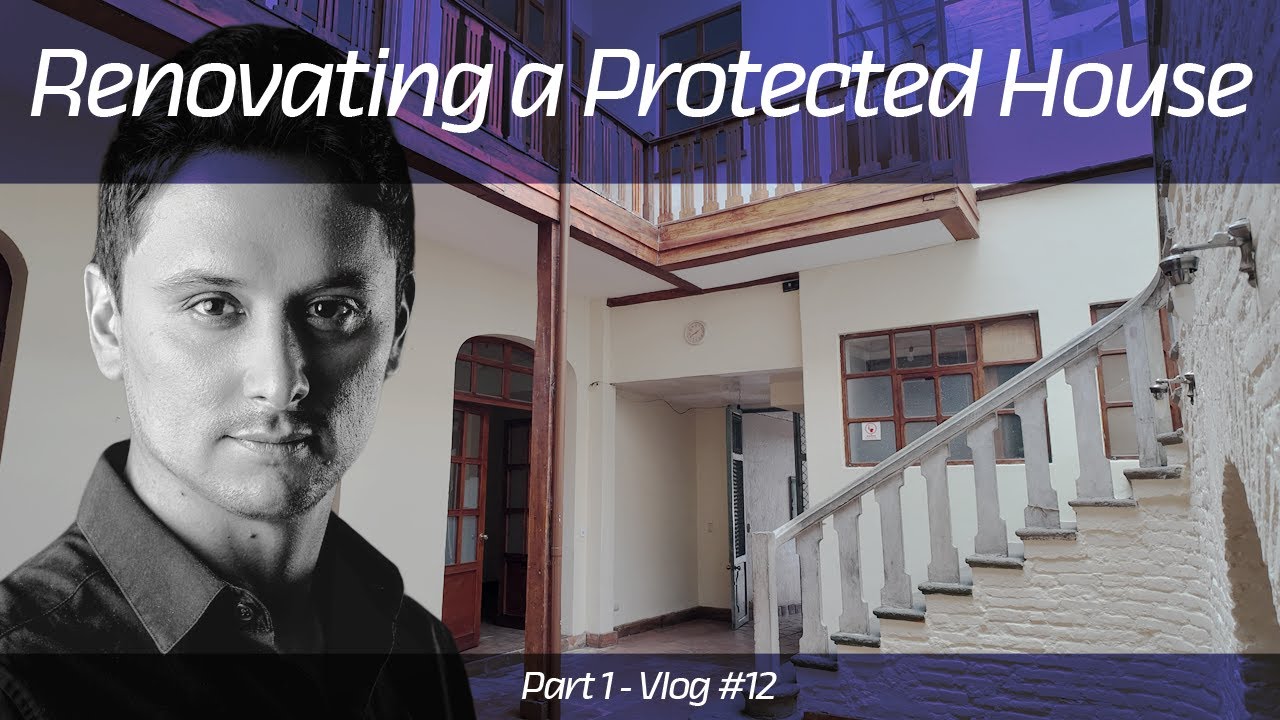

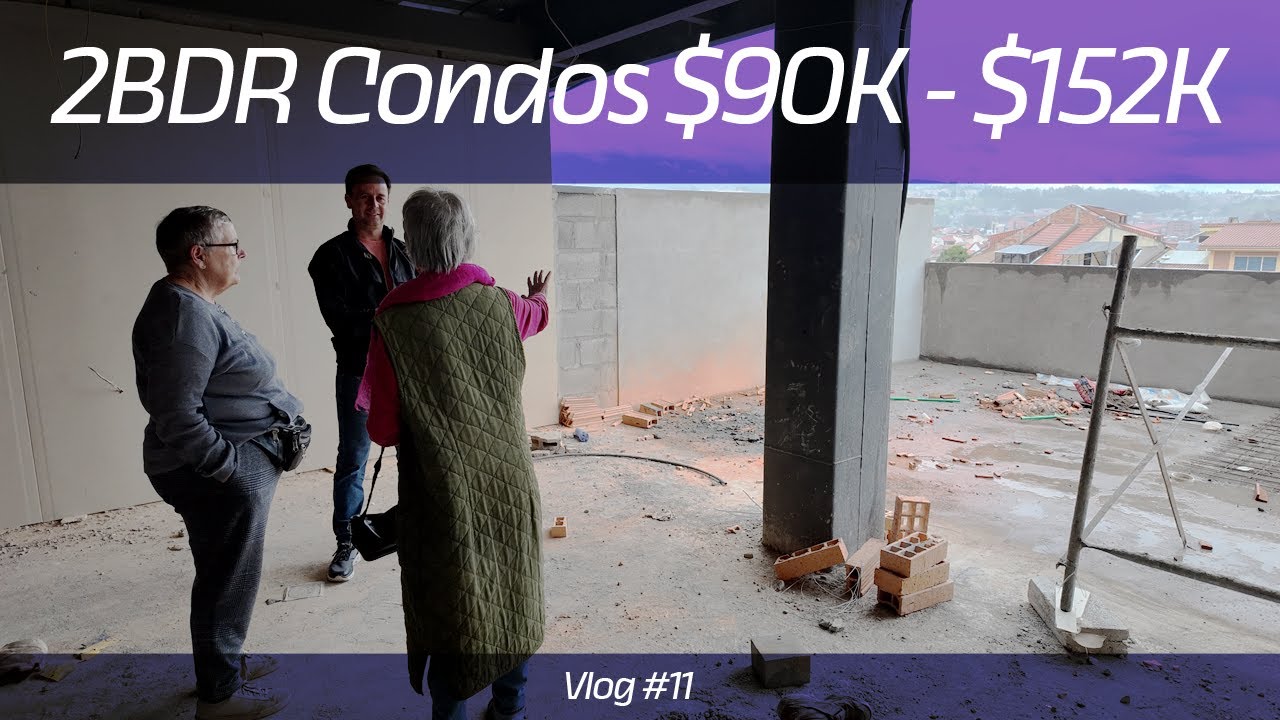
4 Responses
All great suggestions for settling in and getting to know your new location. As a multiple time ‘newbie’ Gringo in 4 different countries, in my experience, these are the criticals!
Very helpful. Thank you.
Some of what Joanna Bender wrote is almost accurate, which is like being slightly pregnant. If you want a more accurate slant from someone who has lived in Cuenca for 5 years, go on Amazon and buy my book; Keys to Cuenca, now in its second edition;
Hello Joanna,
Thanks so much for your helpful article. Have you or anyone in the community been asked about written correspondence from physicians in Cuenca to the United States? I need to update my disability provider typically every two years. In the States, I’m surrounded by a very supportive medical team who advocate for me nicely. My question is this… Do you or anyone have any experience with a Cuenca medical doctor providing written medical updates to a U.S. disability provider?
Thanks for sharing your wisdom